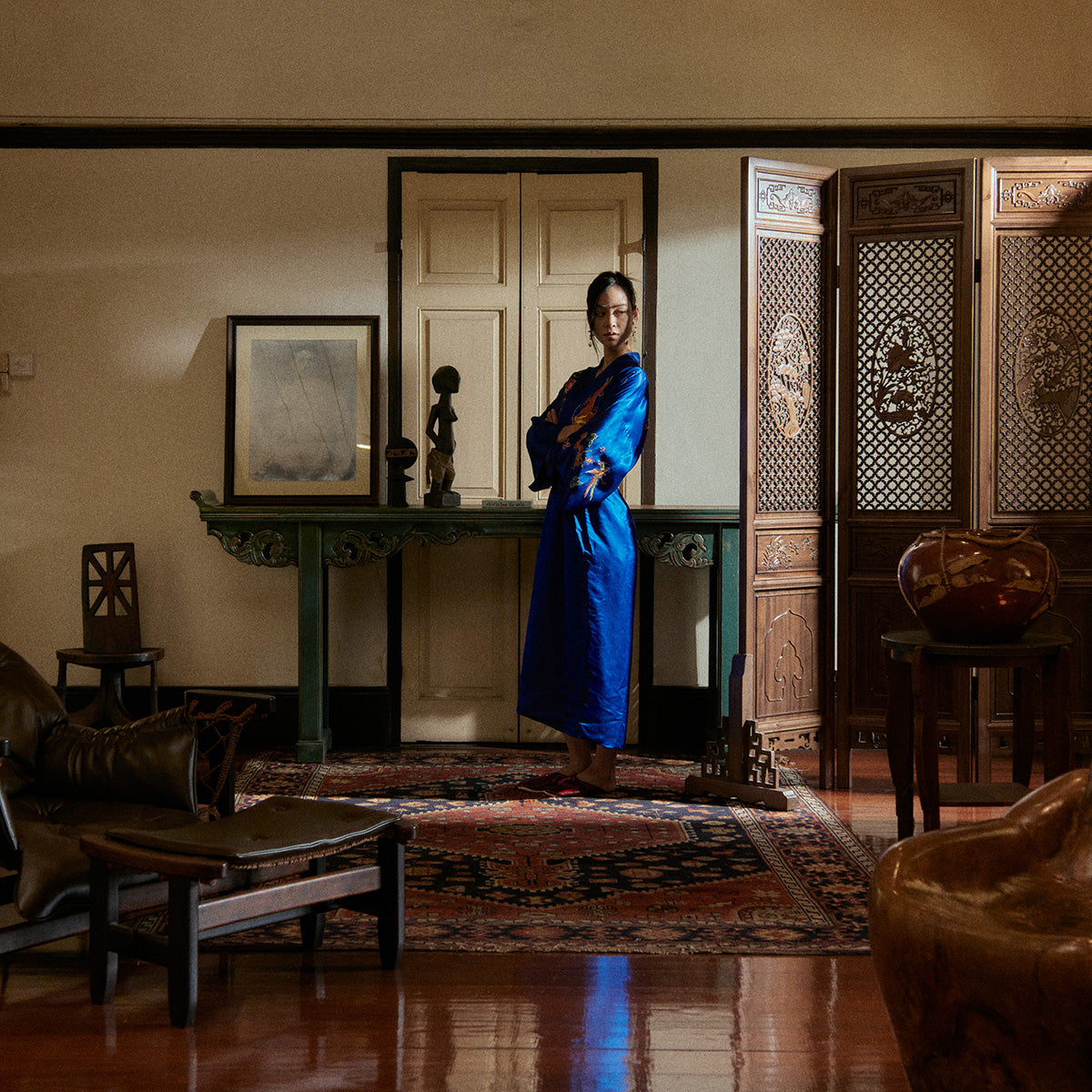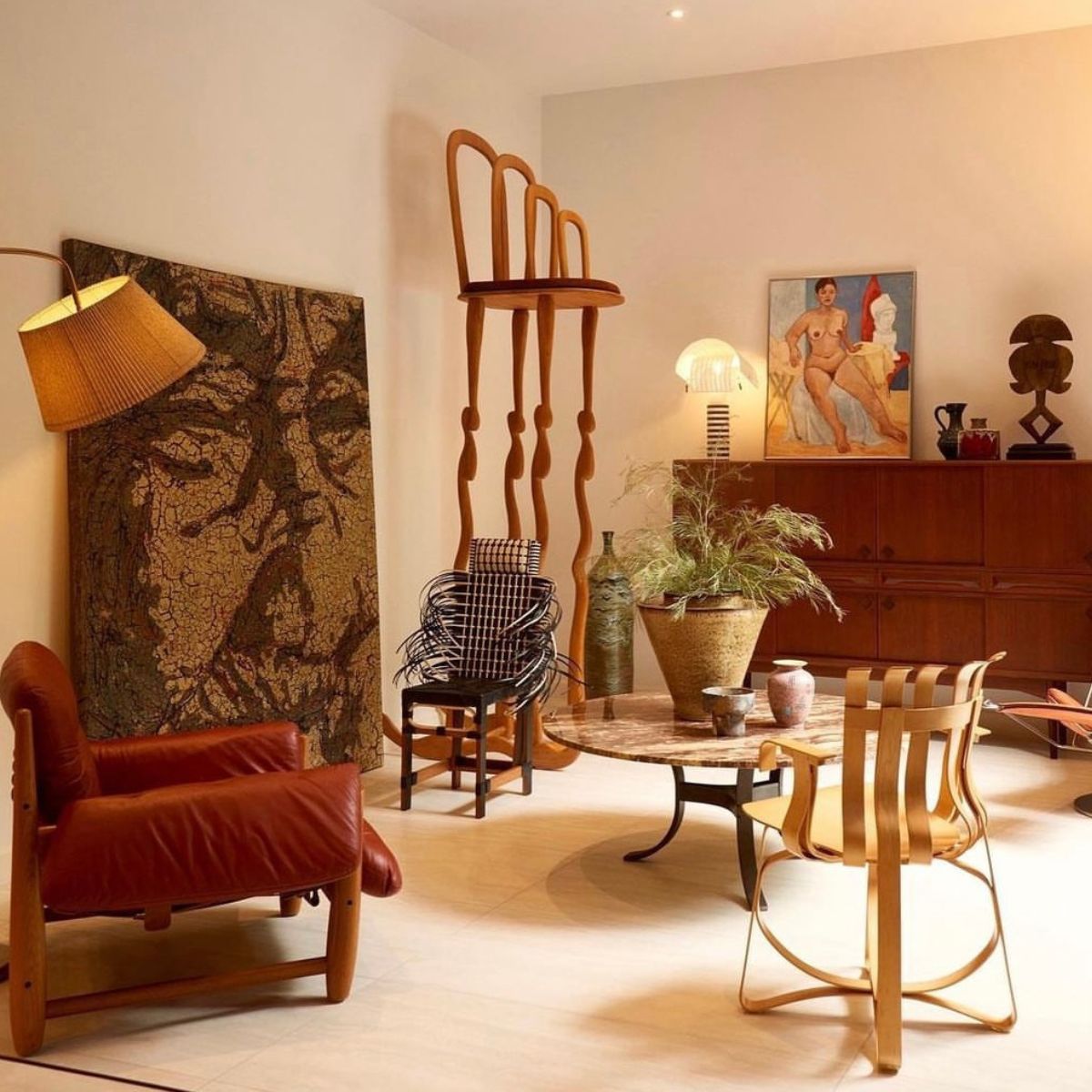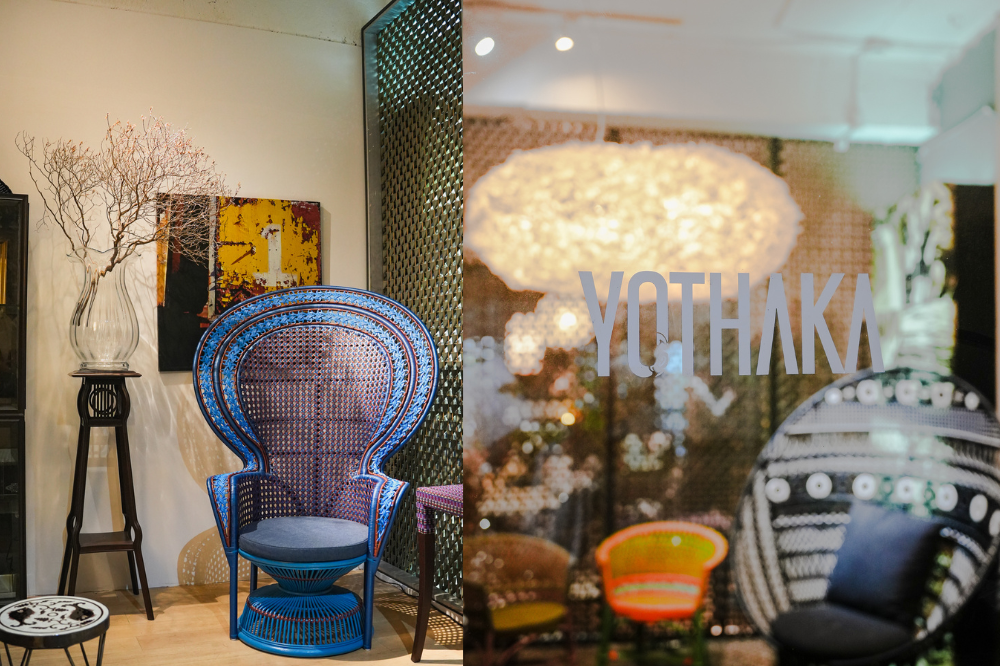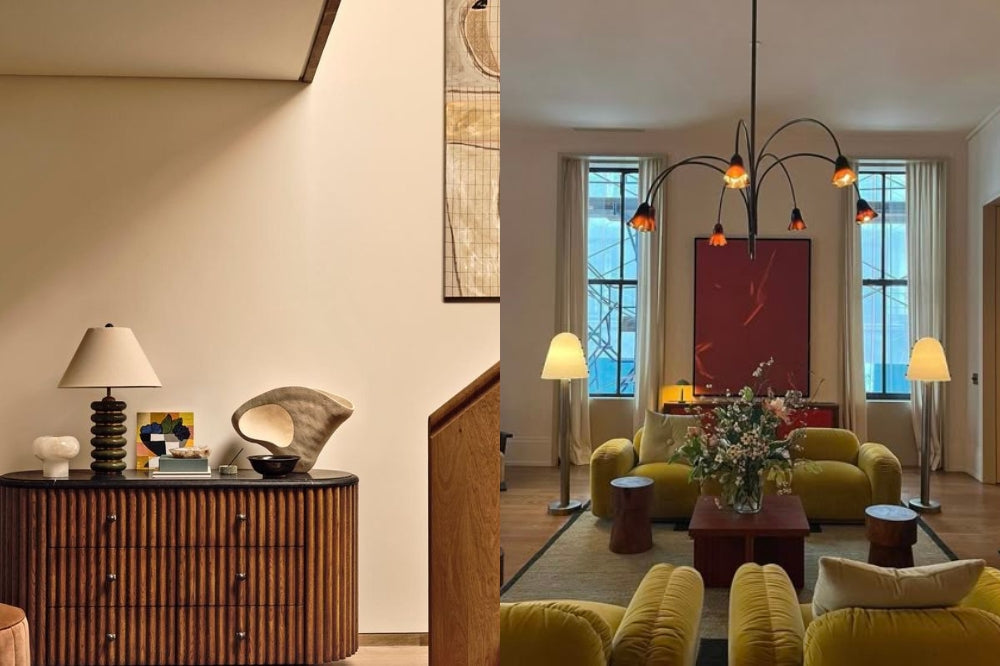There is nothing new in this world, but there is always uniqueness. As human beings, we strive to be different. To challenge the status quo and create something innately unique to us. Could it be the way that we dress? Is it the things that we own? Or perhaps the environment that we construct around us?
The very notion of striving for uniqueness is what makes us feel alive. It influences us to continuously push ourselves to the limit. Uniqueness is the fuel for motivation and hard work, an idea that is not at all foreign to Yothaka.
Established in 1989 by founder Suwan (Rak) Khongkhunthian, the goal for Yothaka has always been to shatter the European vox populi of Thailand’s furniture being considered as lower quality than its European counterparts. For Suwan, he had long known this stereotype as false, but words alone were not enough to sway the minds of the West, so he took the next best option: to show them just how wrong they were.
As a native of the former Lanna Kingdom in Chiang Mai, Suwan’s childhood was never a far cry away from the midst of Thailand’s culture and traditions. Knitting, sculpting, and so on, this exposure from such a young age planted the seeds of Yothaka long before Suwan would ever acknowledge his eventual path. The first piece of the Yothaka puzzle has been filled in. Although it stood in solidarity, Suwan’s path into the furniture industry seemed but an eventuality.
After graduating from Silapakorn University and studying decorative arts, Yothaka’s destiny was still in its infancy. Suwan opted to spend some time in Saudi Arabia and Singapore, where he set up and operated a home design and furnishing company for over a decade. His return to Thailand was welcomed with a stint at Racha Furniture, marking another addition to the Yothaka puzzle.

A Coincidental Discovery
As Suwan returned to his former university, he soon discovered a seemingly innocuous plant that would carve out its place in the destiny of Yothaka. Looking over a research project conducted by a friend and former colleague, Suwan was introduced to water hyacinth, an invasive water plant which could act as a reliable line of work for low-income households through recycling.
This discovery not only acted as a final puzzle piece for Yothaka but also constructed a core DNA of the brand as a whole: using naturally sourced and eco-friendly materials in the manufacturing of handmade home furniture and accessories.
With their formal establishment in 1989, the goal of Yothaka was always to demonstrate Thai craftsmanship by integrating it with contemporary design. Without a doubt, water hyacinth allowed the company to strive for its sense of uniqueness in showcasing Thai crafts on a global scale.

Behind the Meaning: "Thai-ness"
If we could only tell one element of the Yothaka story, it would be this very pioneering effort to incorporate water hyacinth into Thailand’s furniture manufacturing industry. But if we were to add a secondary plot to their story, it would be the very notion of ‘Thai-ess’, and how each and every product of Yothaka has the essence of the Kingdom embedded within them.
Looking at Yothaka from the surface level, placing a finger on its origin may not be such a straightforward process. As Suwan puts it,
“If you look at Yothaka’s products roughly, sometimes you can’t tell where it's from. When something is handmade, it naturally reflects who we are. There’s no need to label it as Thai; the essence speaks for itself.”
But what we can tell is that their lineups are a product of the East. While Suwan does not describe his products as distinctively Thai, the combination of knitting, weaving, threading, wickering, and tying, are all byproducts of a Thai spirit.
Through a conscientious process of craftsmanship, artisanship, and connecting it all together with nothing but a pair of hands to let the craft speak for itself, the indomitable Thai spirit is ever so present, and it makes its presence known to us all individually.
Stretching across their product range of indoor and outdoor furnishings, as well as home accessories, Yothaka always adhered to two key practices: using domestic materials and their absolute refusal to shy away from handmade furniture. After all, you can’t showcase the best of Thai craftsmanship if hands are substituted for machinery.

Circle of Uniqueness
The material was indeed a breakthrough moment for Yothaka, but crucially, they did not stop there. The words ‘there is always uniqueness’ echo once more. Suwan continued to push the envelope, striving to incorporate a slew of other environmentally friendly materials. Lipao fern, lisu rope, plastic thread, rattan, rope, and environmentally friendly artificial vines were all incorporated into their furniture lineup.
The next breakthrough material came in the form of pineapple fibre paper, which was discovered thanks to Suwan’s junior, who ran a factory using the fibre to produce paper for envelopes, coasters, and photo albums. With its natural characteristics of a tough and water-resistant material, pineapple fibre served as the next logical heir to water hyacinth. Yothaka could have neglected eco-friendly materials in producing handmade Thai furniture, and they would just as easily turn heads. But this wouldn’t be unique. Where’s the fun in taking the path of least resistance?
Water hyancinth and pineapple fibre not only represented eco-friendliness, but it also provided a glimpse into the grassroots Asian characteristics where tradition is mixed in with modern design concepts to tell an entire story without uttering a single word.
Turbulance
Watch any film, and you know that no story is ever complete without a turbulent period or a second act. This is no different for Yothaka. It is hard times that define us, and without hardships, what important lessons could we possibly learn? In Yothaka’s freshman year, Suwan narrowly missed out on the opportunity to showcase his products on a global stage in Los Angeles. To further rub salt in the wounds, this was also the perfect time to sway the negative stigma held towards the quality of Thai furniture.
But instead of backing out, Suwan doubled down on Yothaka. It must work; it has to. Two years were spent learning traditional Thai weaving techniques, along with an audit of their production to incorporate premium quality wood. And in the end, it all paid off, but not in a way that Suwan had predicted. A perfect opportunity fell into Suwan’s hands, and the destiny of Yothaka would forever be changed. A friend and former colleague of Suwan purchased water hyacinth chairs as a decorative piece at the Maison et Objet fair in France, which immediately turned heads.
Some may call it a stroke of luck, or the result of being in the right place at the right time, but the truth is, Yothaka would not have taken centre stage at the Maison et Objet fair if it weren’t for their groundbreaking creativity.

Pieces Fall Into Place
The newfound success was followed up with a yearly cycle of seasonal collections, with many finding a place in luxury hotels, resorts, and offices across the country. Yothaka’s emphasis on international exhibitions paved the way for collaborations with many high-scale fashion brands such as Hermès, Louis Vuitton, and FENDI. But their most notable collaboration yet was their recent work with HBO’s critically acclaimed The White Lotus TV series, where Yothaka’s products, on display at ICONSIAM at the time, found a prominent position on the set after they had captured the hearts of the film crew.
Recalling back to Suwan’s career-defining quote once more. There is nothing new in this world, but there is always uniqueness. They set out to shatter the notion of Thailand’s furniture lacking in quality, and in the end, Yothaka did it without ever settling for less. It is the challenge of balancing the trademarked Thai handicrafts with global consumer demands that has shaped Yothaka into who they are today. Outlining ‘Thai-ness,’ isn’t done through forcibly injecting Thai lifestyle into international cultures, instead, as Suwan sees it, we must circle back once more to Thailand’s rich tradition of handicrafts, and let this do the talking.

The story of Yothaka is not yet complete; in fact, far from it. In continuously striving to forge new paths for not just the brand but for Thailand’s handcrafted furnishings as a whole, a partnership with Surround Living represents the next chapter for the brand. In this chapter, the plot centres on further spreading the message of Yothaka, further driving the core message of uniqueness and passion.
The Next Chapter Begins
As Yothaka continues to write its legacy—one woven thread, one natural fibre at a time—the brand’s journey evolves from a quiet rebellion into a global statement. What began as a personal mission to honour Thai craftsmanship has grown into a movement that resonates far beyond Thailand’s borders.
Today, the story lives on through a new platform. Yothaka’s signature pieces—each one a testament to artistry, heritage, and innovation—are now available to a global audience through Surround Living. This collaboration marks a new chapter in the brand’s pursuit of design that is not only beautiful but deeply meaningful.
For those who believe in the power of the handmade, the spirit of tradition, and the beauty of being truly unique—Yothaka invites you to discover its world. Explore the full collection and let each piece speak for itself.




